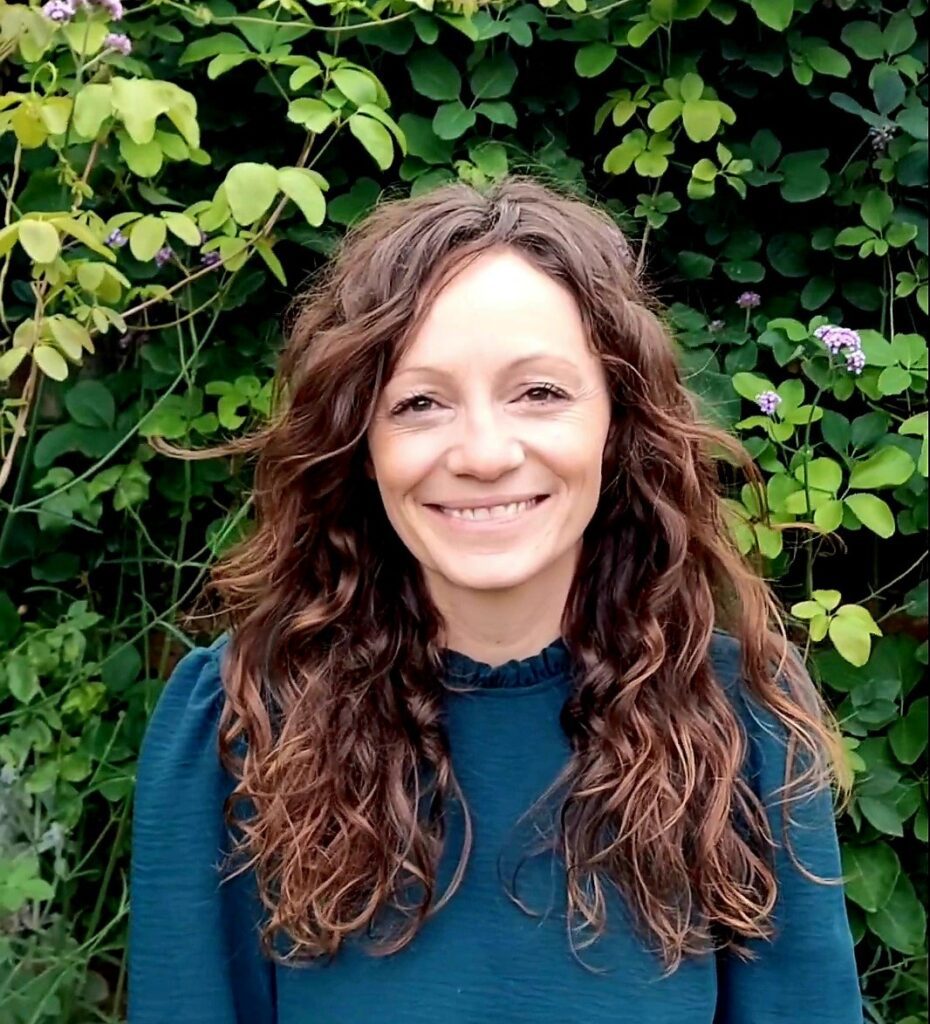Cognitive Behaviour Therapy (CBT) for Children and Teens
Children can experience difficulties in much the same way as adults, dealing with the pressures of school, meeting expectations in exams, exploring sexuality, developing relationships and adjusting to family life. With our support, we can help children move forward with their lives and feel happier, more confident and more comfortable within themselves and when communicating with their peers or others around them.
Mental Well-being and children: how CBT for children can help
Mental Health can be referred to as the overall wellness of how you think, how you control your feelings, and how you behave in different situations or contexts. A mental illness, also known as a mental health disorder, is defined as patterns or changes in an individual’s thinking, feeling, or behaviour that cause distress or interferes with one’s ability to function.
Children’s mental health disorders are often characterised as delays or disturbances in the development of thinking, acting, socialising, or emotion management in accordance with age. Children can become overwhelmed and distressed by these difficulties, which interfere with their capacity to perform effectively at school and cope with functioning at home, or in various other social settings.


Signs and symptoms of mental illness in children and young people
Mental challenges in a child can present differently from symptoms experienced by adults. This can make it even more difficult for parents and caregivers to identify and as a result, many children who could benefit from treatment do not receive it. If you are concerned that your child may be experiencing a mental health condition or specific difficulties, then please contact us to find out more about how we can support you and your child.
Learn how to spot warning signs of mental illness in children and how to help your child with the support they need.
signs a child may have a mental health disorder that can be helped with CBT
- Prolonged sadness that lasts two weeks or longer
- Irritability or emotional outbursts
- Loss of interest, withdrawing from tasks/activities of their interest, avoiding social interactions or self-isolation
- Harming themself or discussing injuring themself
- Talking about death or having suicidal thoughts
- Risky and out-of-control behaviour that may be dangerous
- Changes in mood, behaviour or personality
- Weight loss
- Sleep difficulties
- Difficulty concentrating or losing the focus
- Avoiding or continuous excuses to not attend school or difficulty in coping with schoolwork
How is mental illness diagnosed in children and young people?
Children’s mental health disorders are identified and managed based on their signs and symptoms as well as how this affects or impacts their daily lives. Our objective is to help children to identify the difficulties that they are experiencing, how this makes them feel and what they can do to change it, either themselves or with the support of their friends and family.
Oxford CBT has a wealth of experience in treating children and young people struggling with mental health with our team of accredited therapists and psychologists. Our clinicians will carry out detailed assessments and subsequent counselling sessions for children or young person experiencing a wide range of difficulties. This support may take the form of Child Psychology, Cognitive Behavioural Therapy or Occupational Therapy, depending on the specific condition or difficulty. However, all decisions regarding treatment options will be made with the full consent of both the young person and caregivers.





is CBT most effective for children with a mental illness?
In most instances, our initial assessments will dictate that we recommend children undertake a course of Cognitive Behavioural Therapy (CBT). These sessions will help them learn strategies that will enable them to cope in situations which trigger anxiety and overcome their difficulties.
Alternatively, we may conclude that the specific difficulty they are experiencing may benefit from additional Psychological, Clinical or Occupational Therapy. Should this be the case, we will discuss our suggestions with the child’s parent/guardian and will not commence any therapy until they are comfortable with the decision.
Whichever therapy we provide, there is no doubt that it can be very helpful for children to talk to a professional who can understand their difficulties and can support them appropriately, allowing them to be more open and honest about their thoughts and feelings and learn how to overcome their difficulties.
This is a kind reminder to check-in with yourself and recognise that parenting or caring for a child or young person can be challenging and In trying times, it’s quite normal to feel anxious, worried, or powerless. It is just as important that you take care of your own mental wellbeing so that you can maintain your own wellness and continue to support your loved ones. Contact us to learn more about the support available to you.


Begin your
wellness journey
Get in touch with us and we will assess your needs and expertly pair you with the right clinician and services to get you on the path to embracing life.
Already have an idea of your condition? Take a self-assessment screening for our clinicians to further evaluate.
















